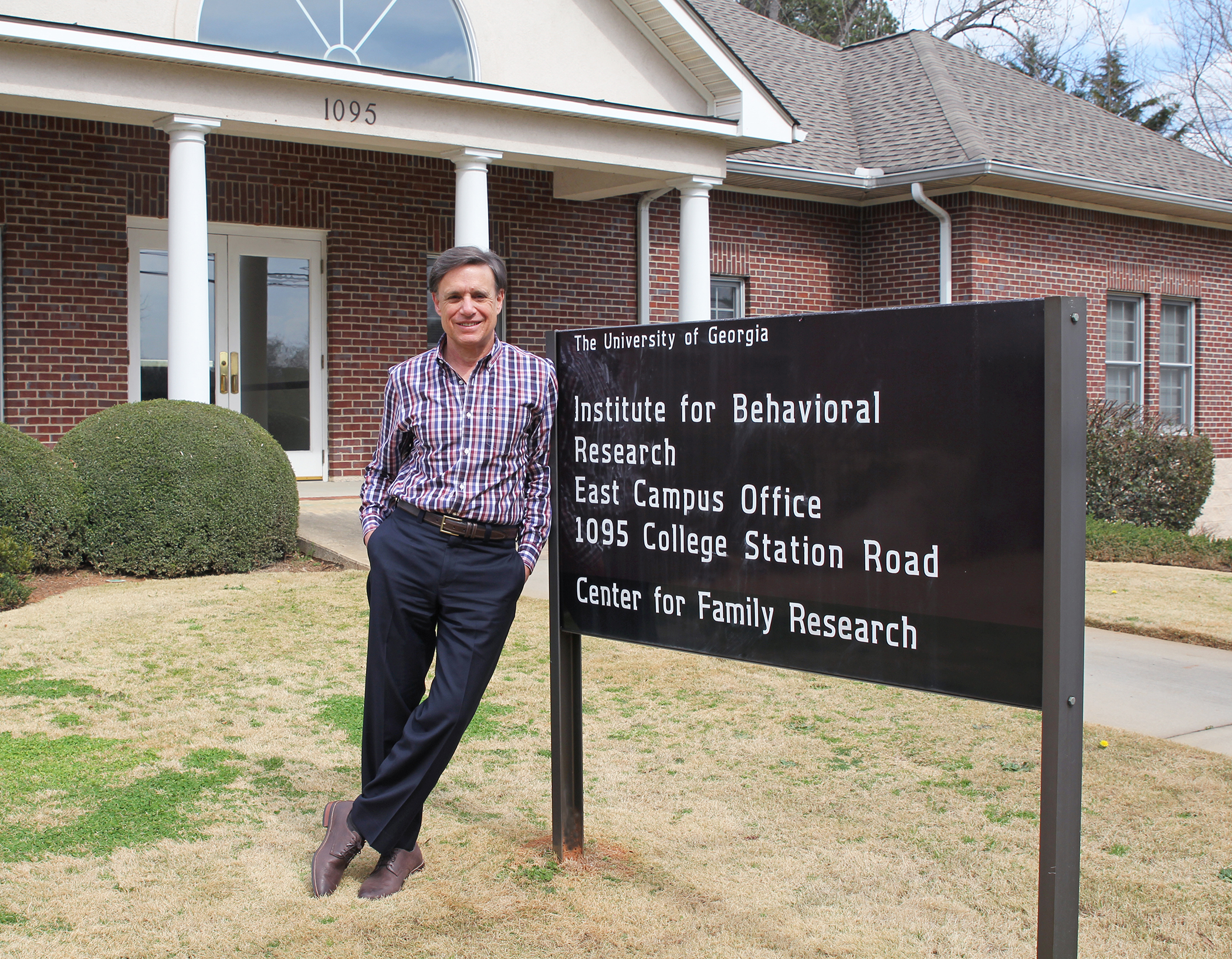Gene Brody, director of UGA’s Center for Family Research and a Regents’ Professor in the Owens Institute for Behavioral Research, will deliver the keynote address on Monday, Nov. 18, at the National Institutes of Health’s inaugural Rural Health Seminar in Bethesda, Maryland.
Roughly one-fifth of U.S. citizens—about 60 million people—live in rural areas. These Americans have less access to health care and have higher mortality rates for such health conditions as heart disease, cancer, stroke and chronic lower respiratory disease. The Rural Health Seminar will bring together researchers, medical practitioners and others to explore topics in rural health and to share research ideas for how innovations in clinical and translational science could improve rural health outcomes.
Brody’s talk, titled “Resilience to Adversity and the Early Origins of Disease,” will examine how living in conditions of economic hardship and other stressors particularly influence both the biology and physiology of rural African American children, making them more vulnerable to the chronic diseases of aging when they are adults. This phenomenon, called “weathering,” is a major focus of Brody’s work. The talk also will discuss how some individuals overcome this weathering and demonstrate tremendous resilience.
“In the wake of economic hardships, the opioid epidemic and shorter life expectancies in rural communities, NIH is initiating a greater focus on health disparities in rural communities,” Brody said. “Why do many rural African American young people maintain physically healthy profiles despite living in challenging conditions—that is, what makes them resilient? Answers to these questions are based on research conducted by the Center for Family Research that is made possible by funding from multiple NIH institutes.”
Many of those institutes are co-sponsors of the seminar, which will be held at the Natcher Conference Center on the NIH’s main campus in Bethesda. The event will be webcast live from the following address: https://videocast.nih.gov/summary.asp?live=35176


